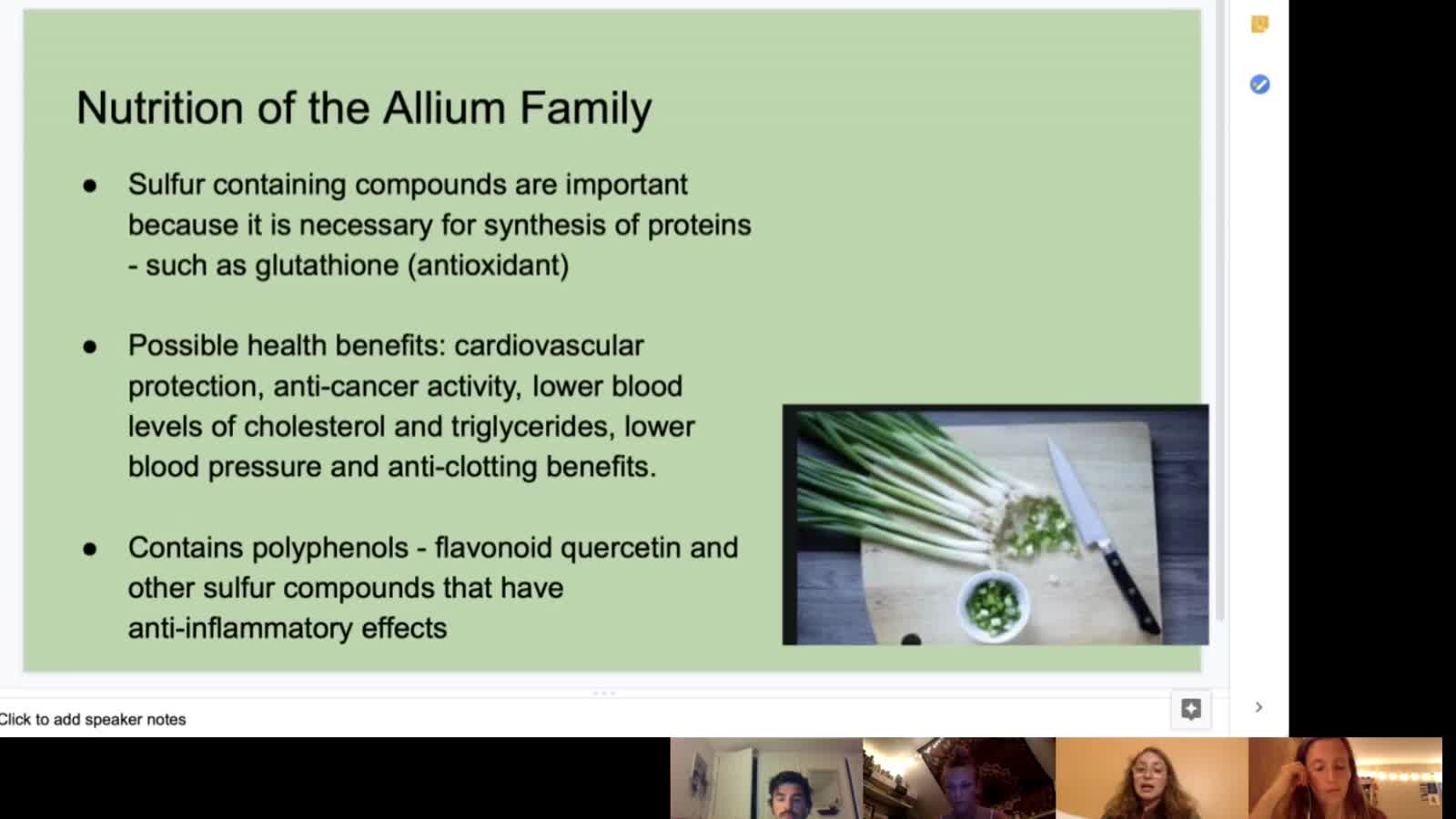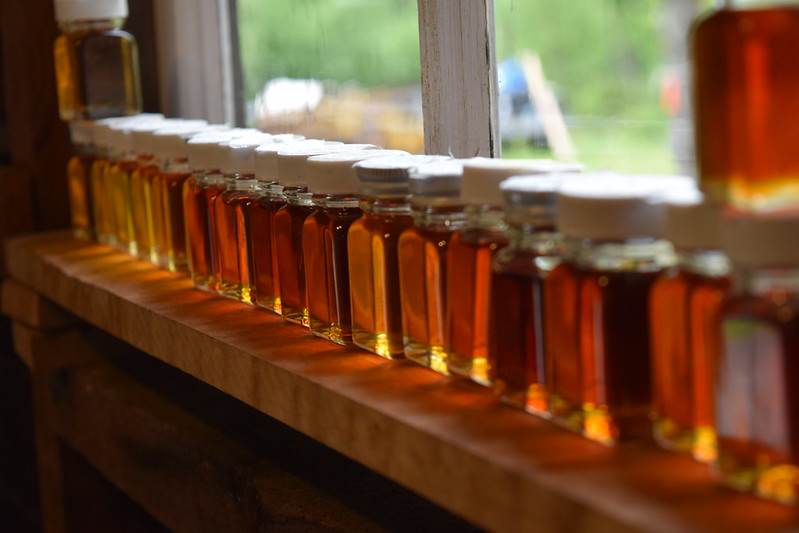Search Results
Results for: 'into'

Group Mullein Presenting 'Allium Genus'
Group Mullein explores the allium genus. We dive into the botany, history, herbal actions, and phytochemistry.

Technological Sound Bite: Flipgrid Overview
Flipgrid, a video-based, asynchronous discussion tool, is available for free as part of UVM's Microsoft Office 365 suite. Instructors set up prompts and parameters for student videos (including length limits of 15sec to 10min). Students respond to...

Gardeners know that earthworms can be beneficial for growing vegetables and flowers by helping with soil aeration and producing fertilizer through their castings. Sugar makers may not know that earthworms and relatively newer invaders the so-calle...

There are four grades of pure maple syrup; Golden Color/Delicate Taste, Amber Color/Rich Taste, Dark Color/Robust Taste and Very Dark Color/Strong Taste. Each grade has a range in color as defined by its light transmittance. Knowing the color of p...

Sugar maple flowers that are fertilized in spring, will develop into mature seeds in late summer. The seeds come in the form of winged samaras (sometimes referred to as helicopters or whirligigs). Sugar maple samaras develop in pairs but generally...

In Vermont, Grade A maple syrup is divided into four distinct color classes. Those classes are Golden, Amber, Dark and Very Dark. The lightest grade of syrup, Golden, has the most delicate flavor. A lot of the time it will be made at the beginning...

Access to a sugarbush is critical for installing and repairing sap collection equipment, tapping and managing crop trees and responding to the effects of natural disturbances. Quality access to the sugarbush relies and a road and trail system that...

Why Does Sap Flow from Maple Trees? Throughout the maple region, there are several weeks of alternating freeze and thaw temperatures each spring. This weather provides the right conditions for sap flow in maple. Unlike most trees, maples have tiny...

According to the 2019 USDA NASS maple syrup report approximately 90% of Vermont's total annual maple syrup production (about 1.8 million gallons) was sold into the bulk market. The remainder of the crop was sold either to retail or wholesale custo...